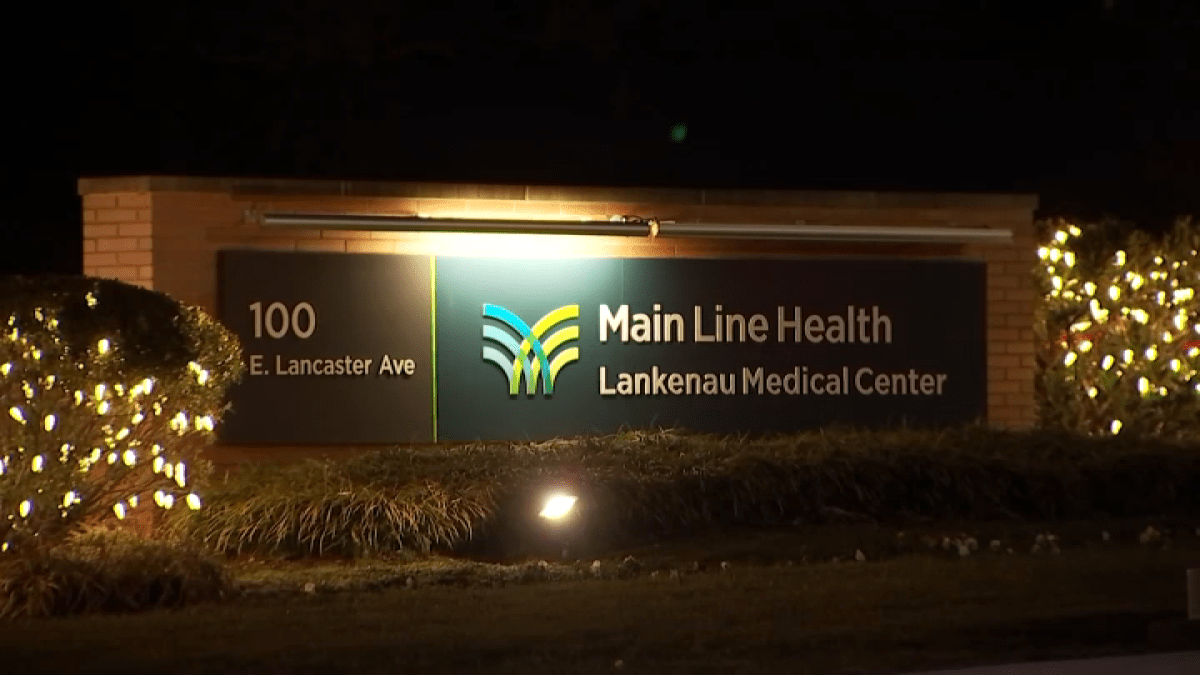Health System Shake-Up: Main Line Trims Workforce in Strategic Overhaul

In a challenging move reflecting the ongoing financial pressures facing healthcare providers, Main Line Health has announced a significant workforce reduction, eliminating nearly 200 positions across its network. The Philadelphia-based healthcare system cited persistent economic challenges as the primary driver behind this difficult decision.
The layoffs underscore the complex financial landscape that many healthcare organizations are currently navigating, with rising operational costs, staffing challenges, and economic uncertainties creating substantial strain on medical institutions. Main Line Health, a prominent healthcare provider in the region, is taking strategic steps to maintain its financial stability and continue delivering quality patient care.
While the reduction in staff represents a difficult transition for those employees affected, the organization has emphasized its commitment to maintaining high-quality healthcare services. The move is part of a broader effort to streamline operations and ensure the long-term sustainability of their healthcare network.
This development highlights the ongoing economic pressures facing healthcare providers in the current economic climate, demonstrating the need for adaptive strategies to balance financial constraints with quality patient care.
